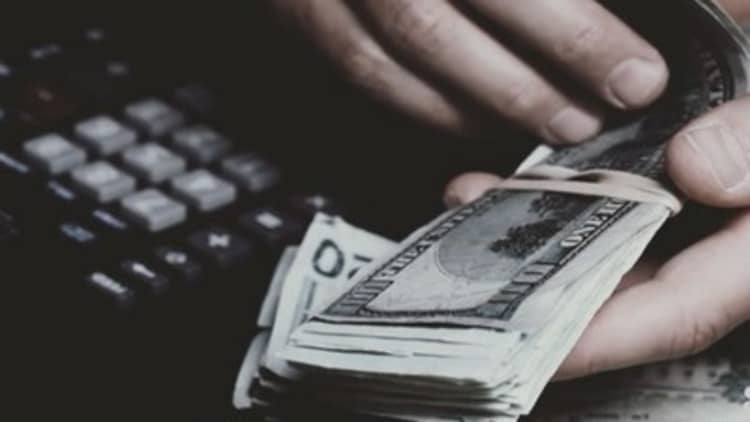
Douglas Leff, assistant special agent in charge of the FBI's New York field office, defined money laundering as "moving money to disguise what it is, or where it's going, or where it's going to be kept."
It's a simple way to describe a complex situation, and criminals approach it from multiple angles. Buying real estate in the U.S. has been a preferred method for South American drug dealers, who have also laundered millions of dollars by purchasing thoroughbred racehorses. That may sound risky, but in order to profit from illicit money, it has to be circulated somehow according to Leff.
"The additional money is actually legit money that's coming in and it creates the illusion that they've made all their money through that legitimate source," he said. "And that keeps them off of law enforcement's radar."
Read MoreDon't get taken: The tricks of the trade of the 21st century fraudster
There are simple steps to sniff out these funds. If your business attracts a potential investor, find out when the investor's company was incorporated by performing an Internet search. Often, it will only be 12 months old or less, and Leff described this as a red flag. So it's worth exercising due diligence, because your company can lose everything even if you had no intention of colluding with criminals.
"When the government finds out that a business was being used to launder money, even if the owner was a completely unwitting participant, they can still lose that source of their income because there's other civil proceedings that will be sought to go after those criminal proceeds and someone could wind up losing their business," he said.
Read MoreDon't Get Taken: Becoming a victim is just one click away
"Often when someone comes to invest money out of the blue, they're aware sometimes someone's looking for an investment and that cries out as a money laundering opportunity for a lot of individuals looking to hide the source of their criminal wealth," Leff said. So don't be afraid to ask for basic paperwork. If it never comes, consider yourself lucky.
"Let's see some proof of what kind of business you do, and if that results in a dial tone or no more contact, you can be pretty confident that there was something going on, either money laundering or some form of tax evasion which you've just stayed out of harm's way from," he said.
—By Liza Hughes, Special to CNBC.com.


